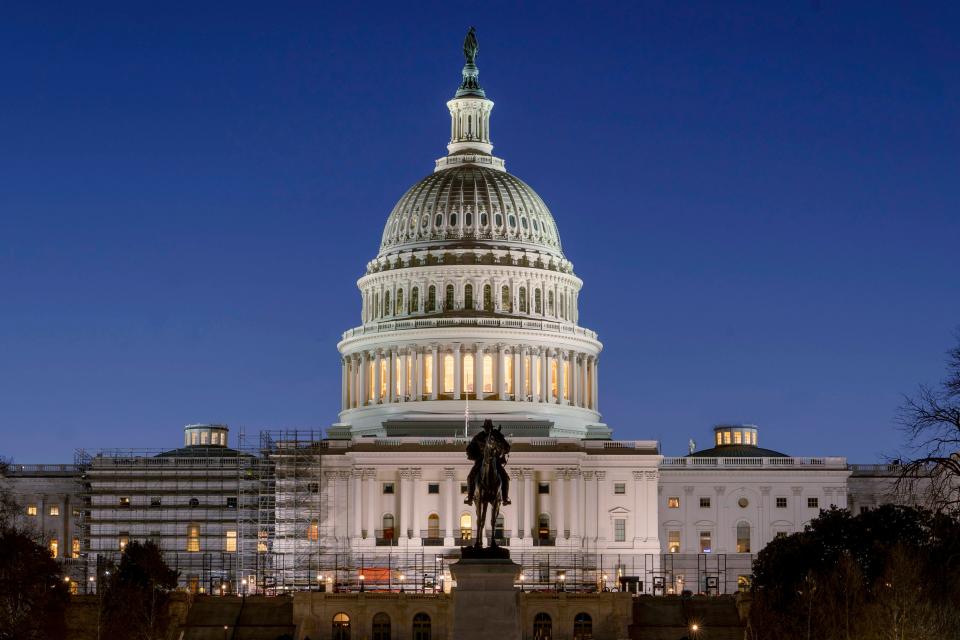Opinion: TB is not a relic; why stopping it should be a priority
Texans should note World TB Day, March 24, because Texas ranks #2 among U.S. states with the most tuberculosis, seeing cases rise 13.5 percent in 2021. Like Covid, this airborne disease is easily transmitted when infected individuals cough, sneeze or even talk.
Although developing countries have the highest TB rates, no nation is safe from the disease. Essentially, TB anywhere is TB everywhere. And it’s both a cause and consequence of poverty.
TB killed 1.6 million people worldwide in 2021. Only Covid threatens TB’s title of #1 infectious killer. The disease killed more than 1 billion people between 1800 and 2000.
One in four people worldwide harbor the TB bacteria. I am one of them but my TB was detected and successfully treated when I was still in high school. When ignored, TB waits for a person’s immune system to weaken, then can strike with deadly consequences. People who are immune-compromised are more susceptible to TB, such as those with HIV and women of reproductive age.
Many believe TB is a disease of the past, but that is not the case. TB continues to be a public health concern due to a lack of resources. While TB is treatable and preventable, progress against TB has been slow and fragile. And that was before Covid. When Covid arrived, TB health workers, labs and resources were quickly redirected to fight Covid. Unsurprisingly, TB took advantage and infected more people. In many countries with high rates of TB, a year of Covid erased twelve years of TB progress.
This daunting public health challenge is an opportunity to invest in health systems that can fight TB and other diseases. Stronger health systems will also prepare for future pandemics by enabling quicker identification and containment of outbreaks, such as Ebola.

Stopping TB should be a centerpiece of U.S. global health leadership and pandemic response. Civil society and allies in Congress are calling for $1 billion for the United States Agency for International Development (USAID) to restore critical TB services lost during the pandemic, prevent a dangerous reversal of progress, and strengthen TB programs for the future.
With an annual $1 billion TB budget, USAID could increase support for TB prevention, invest in TB research and development, and expand access to treatment for all forms of TB, including Multidrug-Resistant TB. This relatively modest level of annual investment could have a transformative impact on the TB battle globally, while creating health systems that will help contain the next coronavirus.
Legislation is being considered to make this happen; the End TB Now Act. This bipartisan bill requires the U.S. to target existing TB resources to countries and populations who need it most, foster more public-private partnerships in the TB fight, and increase accountability for our efforts. Our members of Congress should make robust global TB appropriations and the passage of the End TB Now Act a top priority this year.
We call on Senator Cruz and Senator Cornyn to co-sponsor the End TB Now Act. We call on the Congress to appropriate $1 billion for bilateral TB control for fiscal year 2024.
This vigorous support for the international TB fight is not only the right thing to do, but also the smart thing to do. Investments now are a bargain compared to the personal and societal cost of unchecked TB.
Coats is an Austin volunteer with RESULTS, which empowers citizens to educate the public and decision makers about policies to reduce poverty and end hunger. Claudia Morgan and Eloise Sutherland, also RESULTS volunteers, contributed to this article.
This article originally appeared on Austin American-Statesman: Opinion: TB is not a relic; why stopping it should be a priority

